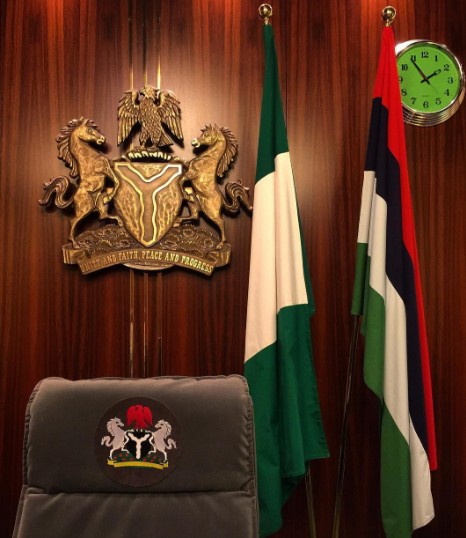As we await your declaration, Mr President, I am one of those Nigerians -and there are many of us – who cannot wait for the electoral process to reach its course and your office to be occupied so we can all move on. As the highest office in our dear country, I wish to emphasise that your office must be viewed as a problem-solving office. For you to succeed, you have to be able to prioritise problems facing the nation, develop effective solutions to address these problems, and effectively solve them.
Your manifesto has highlighted various problem areas to focus on including security, economic development, corruption, social welfare, foreign relations, and infrastructure development, among others. You have to work, I insist from day one with real advisors, policymakers, and other stakeholders to identify the root causes of these problems and develop policies that can address them.
To be an effective problem solver, you must also be able to communicate effectively with Nigerians, build consensus, and garner support for the policies being proposed. I know you have the strong leadership skills and are able to inspire confidence and trust in their ability to lead the country.
In their own way, young Nigerians are constantly in a state of problem solving from a programmer dealing with a bug in her code, to a jobless graduate dealing with financial insecurity, to young couple facing a burglary, a hungry stomach or an ailment. However, as you very well know, a programming problem is much different from a business problem which is also different from a social one and different from a security or a medical problem. But in identifying, solving and preventing these very different problems, they are all the same; they’re problems.
A problem arises when we are in a certain state and need to overcome an obstacle in order to change that state into a new one, a better one. Problem solving involves the things we do to get from this state to that desired state. As you have mentioned in your campaigns, this country faces a larger than normal number of problems for a diverse and resourceful country like Nigeria. By the frequency, consistency and depth of these problems, the men and women in charge of solving them (with you at the helm) must simply do better.
Some behavioural scientists have argued that problem solving is a reproductive process; whereby the person faced with a problem would apply action or behaviour that has been successful in solving the problem or similar problem in a previous occasion. They argue that successful behaviour itself is arrived at through a process of trial-and-error. It is uncanny how human beings are instinctively drawn to this seldom ineffective mode of problem solving and even more uncanny how easy it is to be entrenched in this behaviour. Entrenchment occurs when a problem solver in this case, your office, is fixated on solutions that have worked before, but are less helpful or even detrimental to the current problem.
A different school of thought believes that problem solving is a productive process. Here a problem solver would typically restructure the representation of the problem and look critically at all the parts that come together to make the problem and in that process get an insight that enables them get to a solution. Psychologists argue that problems are only problems for their incompleteness. They assert that only a solution makes problems complete and the process of finding a solution provides the closure necessary for that eureka moment of insight. If you look at this, you’d see that only through this problem solving technique would you ever examine multi-dimensional poverty, climate change in understanding a security problem for instance.
Your excellency, in this vein, please do prioritise the security of the nation and tackle corruption as a matter of productive problem solving involving new ways of looking at the issues. With urgency, remember to focus on policies and programmes that will boost economic growth, create jobs, and improve the standard of living for Nigerians. Nigeria still has a high rate of illiteracy and low levels of education, especially in rural areas. You must prioritise improving access to education for all Nigerians.
At the same time, Nigeria needs an even more significant investment in infrastructure to improve the transportation network, and solve the age-old electricity problem we have. I cannot overemphasise the need to prioritize improving access to reliable electricity to drive economic growth and improve the standard of living. Also, Nigeria has an even greater potential for agricultural growth and diversification than recently recorded. You have to sustain and promote policies and programmes that will support and encourage the development of the agricultural sector.
Lastly, May I wish you successful problem-solving in the next four years. Congratulations in advance.

 Join Daily Trust WhatsApp Community For Quick Access To News and Happenings Around You.
Join Daily Trust WhatsApp Community For Quick Access To News and Happenings Around You.
